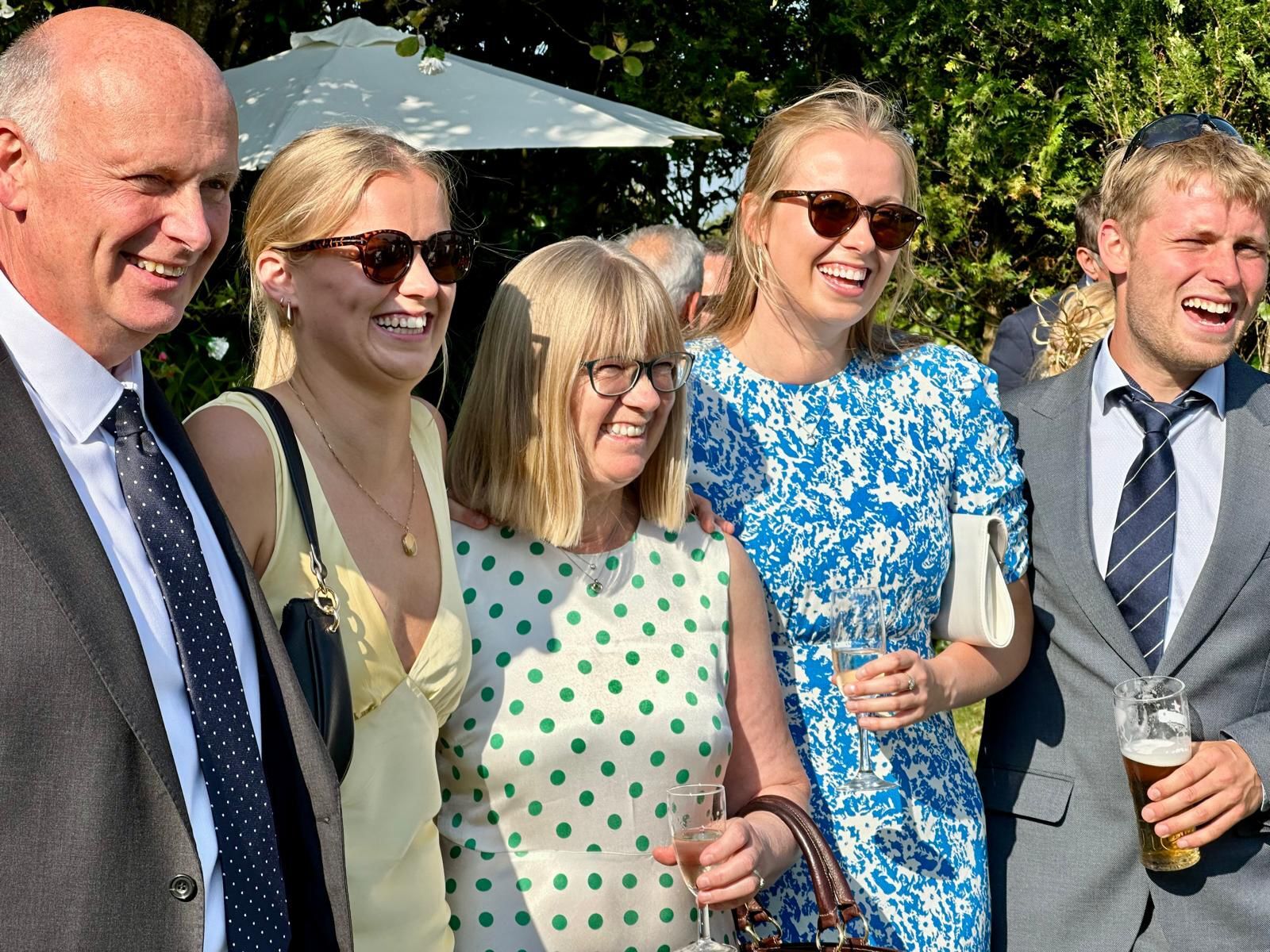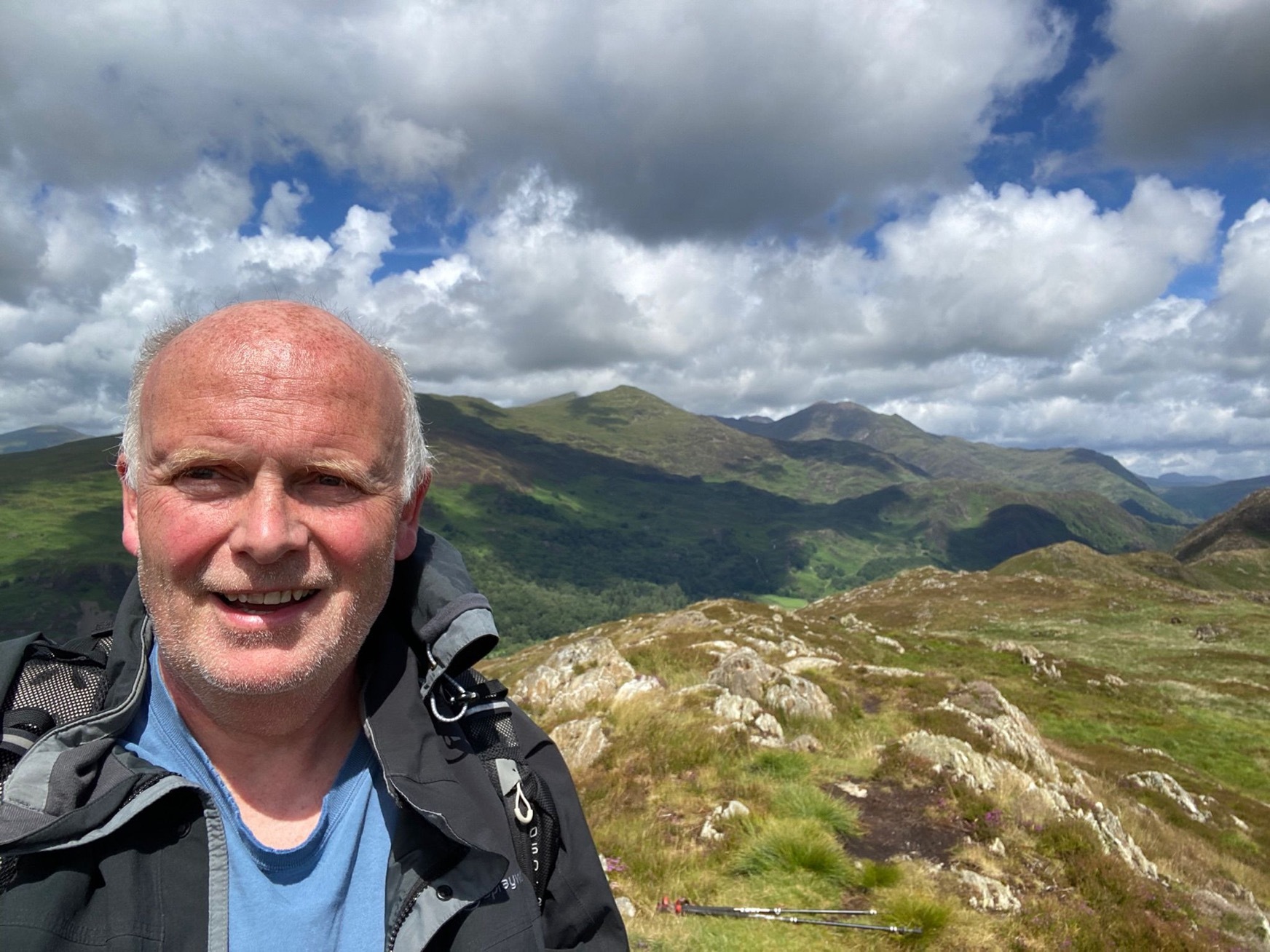“There’s never a good time to have a cardiac arrest. But being surrounded by my remarkable colleagues is probably it.”
On Monday 22 April Julian Pearce is found by a colleague slumped at his desk. He is in cardiac arrest.
Fortunately for him, he works in the School of Health Sciences at the University of Southampton – surrounded by nurses, physiotherapists and other healthcare professionals.

Julian, 61 from Otterbourne, is a physiotherapy lecturer at the University, where he has taught for 29 years. The usually healthy 61-year-old was having a Monday like any other – albeit running slightly behind schedule.
As he makes his way up the four flights of stairs to his office, one member of the team remarks, “Are you okay JP? You don’t look right.’
“To my knowledge I was okay – I wasn’t feeling on top of the world, but I was feeling fine,” recalls Julian.
Just minutes later, he is face down at his desk. His heart has stopped beating effectively and is not pumping blood to the rest of the body.
“A close colleague saw me at my desk and shouted for help,” he says.
They started CPR, ran for the defibrillator and dialled 999.
“I now know the Hampshire and Isle of Wight Air Ambulance dispatcher was listening into this call.”
As the colleagues take turns performing CPR and shocking Julian with the defibrillator, the dispatcher deploys our doctor and specialist paramedic team to the scene by car – due to his central location, the team on the response car can be by Julian’s side far quicker than the helicopter team.
The South Central Ambulance Service crew arrive on scene – Julian is still not responding. 11 minutes later, our team are by his side.
On arrival they find Julian lying in the foyer of the building. He is still unconscious, but heart is now beating for itself – albeit at a very fast rate.

They assess his heart rate and administer a range of advanced medication. They make the decision to perform a pre-hospital emergency anaesthetic: an intervention that can only be delivered by the air ambulance team.
With the use of anaesthetic drugs and ventilation equipment, they carefully place a breathing tube in Julian’s airway so they can manage his breathing.
This is a procedure that would normally wait until arrival at hospital but is one that our team can perform at the roadside, bedside, countryside. Or, in the foyer of The School of Health Sciences at the University of Southampton.
Julian is now stable enough to be taken to hospital in a road ambulance, with our team travelling with him to continue his care. They make the two-mile journey to hospital – so it isn’t long before he is with the cardiac team.
After three long weeks, Julian is discharged home – diagnosed with hypertrophic cardiomyopathy (a disease that can make it harder for the heart to pump blood) and is fitted with an implantable cardioverter-defibrillator: a small device that delivers shocks to the heart when it detects an irregular heartbeat.
“Nikki (Aftercare Manager) was amazing. She explained so much that I had no idea about,” remembers Julian.
He adds: “I wasn’t aware of what they could do. I just presumed they would resuscitate and shock me, get me breathing and bundle me into an ambulance to go to hospital.
“But the fact they intubated and ventilated me in the foyer of my workplace is frankly unbelievable – it won’t be unbelievable to them but to me… I am just astonished.
“I feel like I’ve got another chance at life – and I feel that I need to grab that chance with both hands.”
“They did everything to optimise my condition. It really is an unbelievable, effective co-ordination of care.
“My absolute heartfelt thanks to them for monitoring the 999 call and thinking they could help. I haven’t got the words to fully express my thanks for what they did.”


 Donate
Donate






